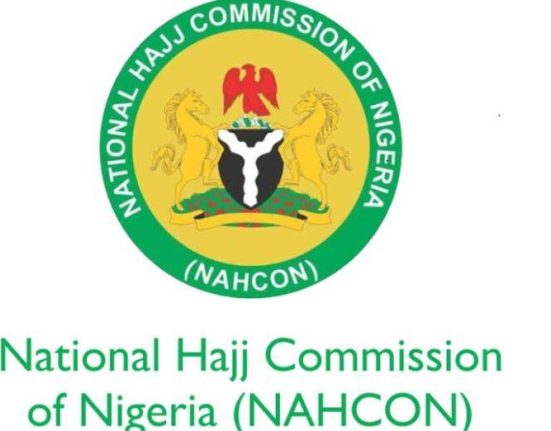In a decisive move to tighten oversight and enhance the organization of the annual Hajj pilgrimage, the Kingdom of Saudi Arabia has rolled out a new set of operational guidelines for the 2026 Hajj season. These reforms, as announced by the Saudi Ministry of Hajj and Umrah, will impact millions of intending pilgrims globally, including thousands from Nigeria, by centralizing and regulating all services through government-authorized channels.
As part of the sweeping reforms, the Saudi authorities have made it compulsory for all Hajj-related payments—covering accommodation, transportation, catering, and rites such as Qurbani—to be processed exclusively via the Nusuk Masar platform. This digital gateway, developed to streamline pilgrimage logistics and enhance transparency, will serve as the only legitimate payment and registration system for international pilgrims.
Critically, the Ministry has set a global deadline of August 23, 2025, for the reservation of pilgrim tents and camp spaces in Mina and Arafat. All deposits for these reservations must be made through Nusuk Masar, and failure to comply with this timeline or payment process may result in loss of access to key services. By enforcing this deadline, Saudi Arabia aims to improve planning efficiency and prevent last-minute disruptions that have historically affected large delegations, particularly from African nations like Nigeria.
Furthermore, the Kingdom has restricted all in-Haram services to licensed Saudi operators, effectively barring any third-party or local arrangements in Mecca, Medina, or Aziziyah. Nigerian Hajj stakeholders and tour operators will now be required to work strictly with Saudi-accredited partners, ensuring all services are standardized under Saudi regulatory oversight.
In another major shift, the Adahi Project, a Saudi government-backed initiative, has been designated as the sole channel through which pilgrims can fulfill the sacrificial animal (Qurbani) requirement. This eliminates the longstanding practice among Nigerian pilgrims of engaging local farmers or independent butchers for their Hajj rites. The Ministry stated that this policy aims to curb money laundering, enhance hygiene standards, and eliminate illegal financial transactions often masked as charitable or religious payments.
Adding a health-focused layer to the Hajj preparations, Saudi authorities now mandate that all pilgrims provide valid medical certificates confirming their physical fitness to undertake the pilgrimage. This move comes amidst global health concerns and is expected to strengthen emergency preparedness during the pilgrimage. To further enforce this, all national Hajj missions—including Nigeria’s National Hajj Commission (NAHCON)—are now required to engage only authorized Saudi medical providers for on-ground health services during the pilgrimage period.
Significantly, the Ministry issued a strong warning that any payments made outside of the approved Nusuk Masar system would not be recognized, potentially voiding the associated service. This announcement serves as a stern directive to foreign Hajj operators, especially those from Nigeria’s vibrant informal sector, to adhere strictly to the new framework or risk being blacklisted.
The Saudi government maintains that these changes are part of a broader vision to modernize the Hajj experience, curb abuse in the service chain, and ensure a safer, more spiritually focused journey for all pilgrims. For Nigerian Muslims intending to participate in Hajj 2026, the new policies will necessitate early planning, closer coordination with NAHCON, and full compliance with digital procedures introduced by the Kingdom.
With over 95,000 Nigerian pilgrims participating in previous Hajj seasons, these regulatory changes mark a pivotal moment in the country’s pilgrimage operations and may prompt significant adjustments within Nigeria’s religious travel ecosystem.


